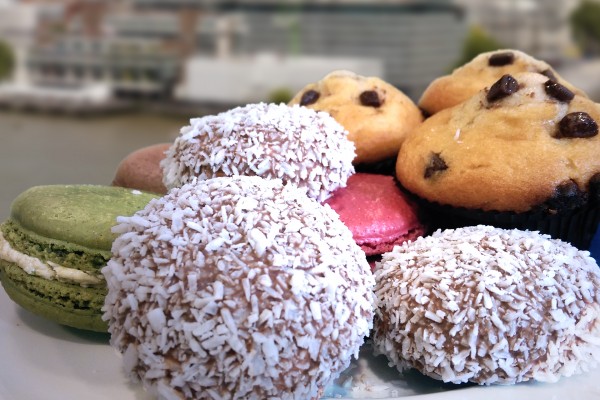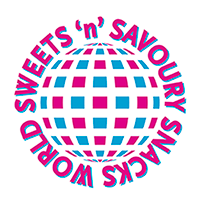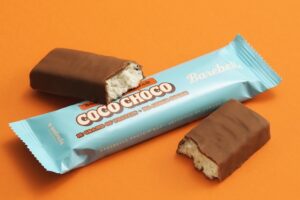‘Snowballs’ classed as cakes

According to a tribunal held in Edinburgh, Scotland, coconut covered snowballs made by Lees of Scotland and Thomas Tunnock Ltd are to be classed as ‘cakes’ and therefore be zero rated for VAT.
The two companies appealed to the First Tier Tax tribunal after the HMRC overturned its previous decision to make the products zero-rated. The HMRC had justified this decision in relation to Swedish snowballs.
The tribunal had to decide whether a snowball, as made by these two companies, would be considered by ordinary people to be a cake. In relation to Swedish snowballs, the Tribunal said that ‘although the name is the same, the ingredients, the cooking process and the shelf life of these snowballs are completely different’.
In its written decision the tribunal concluded that: ‘A snowball looks like a cake. It is not out of place on a plate full of cakes. A snowball has the mouth feel of a cake. Most people would want to enjoy a beverage of some sort whilst consuming it. It would often be eaten in a similar way to cakes; for example to celebrate a birthday in an office. We are wholly agreed that a snowball is a confection to be savoured but not whilst walking around or, for example, in the street. Most people would prefer to be sitting when eating a snowball and possibly, or preferably, depending on background, age, sex etc with a plate, a napkin or a piece of paper or even just a bare table so that the pieces of coconut which fly off do not create a great deal of mess. Although by no means everyone considers a snowball to be a cake we find that these facts, in particular, mean that a snowball has sufficient characteristics to be characterized as a cake.’

